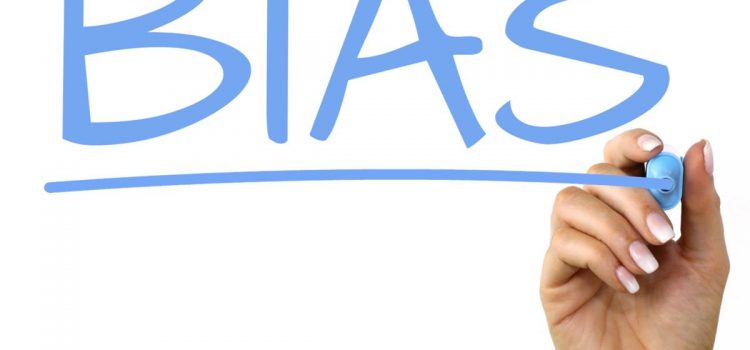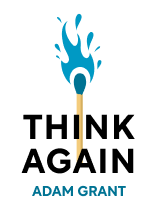

This article is an excerpt from the Shortform book guide to "Think Again" by Adam Grant. Shortform has the world's best summaries and analyses of books you should be reading.
Like this article? Sign up for a free trial here.
Is there such a thing as an unbiased person? Can you ever be truly objective?
We all harbor unconscious biases and preconceived ideas. While it’s probably not possible to escape bias altogether, you can take steps to challenge your preconceived assumptions and think more objectively.
Here are some tips on how to reduce bias before it takes root and clouds your judgment.
Consciously Look at Different Angles
There can be different ways of interpreting the information available about a topic, and your point of view will become more nuanced if you consider different viewpoints. Making a conscious effort to look at these angles makes you open to new perspectives.
(Shortform note: Psychological research has found that looking at different points of view helps you to absorb different perspectives, develops social bonds, and reduces stereotyping as you learn to relate and empathize with how other people see the world.)
Question Your Understanding
Ask yourself if you fully understand the topic—look into different resources to ensure you are up to date on the latest research and have a full picture of the topic.
(Shortform note: In seeking a full picture of the information available about a topic, you may find that you end up with an overwhelming, unusable amount of information. To avoid this, experts recommend categorizing the information you collect so that it’s easy to use and implement. They suggest three categories: broad knowledge you need to have on the subject, basic facts that you need to remember, and ways to apply the information.)
Avoid Stereotype
As you consciously add complexity to your knowledge base and your daily interactions, you will also get better at avoiding stereotypes: general qualities you assign to a type of person or group based on assumptions or biases. Stereotypes often stem from a lack of awareness about the complexity of the perspectives of others.
Grant suggests thinking hypothetically about what you would be like if you had a different background—you’ll likely come to realize that the experiences of others are much more complex than you’d assumed. He suggests some “hypotheses” to examine, such as: Could I be wrong about how I think about this group of people? Is it really true that all X people do Y? How does their background differ from mine, and how has that informed the different ways we live?
This sparks the Reconsideration Process—you realize that your stereotypes are incorrect, seek correct information about different groups, and come away with a nuanced understanding of them rather than a stereotype.
(Shortform note: Grant’s exhortation to consider what your experiences would be like if you belonged to a different group or came from a different background can be seen as an exploration of the concept of empathy. In Biased, social psychologist Jennifer Eberhardt explores racial bias across a range of institutions, including schools, and suggests a few tips on how to reduce bias using empathy—including empathy training for teachers, building trust between teachers and students, and framing feedback as an expression of faith in a student’s ability to do better.)
| Identify Your Existing Stereotypes Grant wants you to reconsider your stereotypes by embracing complexity and considering the experiences of others, but to do this, you first have to identify what your stereotypes are. It is hard to accurately assess your existing stereotypes, so you might find it helpful to use an objective method of testing. Project Implicit (a resource put together by the University of Virginia, the University of Washington, and Harvard University) offers Implicit Association Tests that help you identify your prejudices and biases. |

———End of Preview———
Like what you just read? Read the rest of the world's best book summary and analysis of Adam Grant's "Think Again" at Shortform.
Here's what you'll find in our full Think Again summary:
- Why the ability to reconsider is more important than precise knowledge
- How knowledge and expertise can narrow your thinking and limit your potential
- How to improve your ability to reconsider things in work and in life






